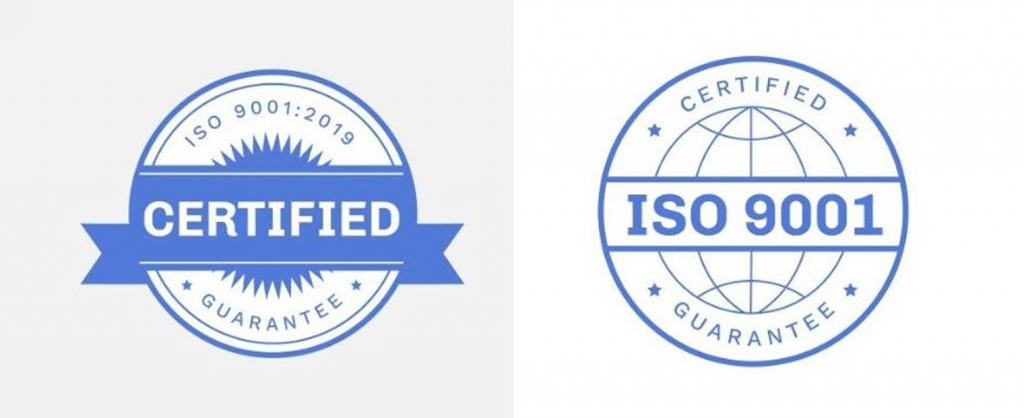The importance of a sustainable supply chain goes far beyond eco-friendliness. A zero-waste supply chain also helps improve productivity and save money. Businesses and manufacturers that employ a zero-waste supply chain model are finding new ways to meet a growing consumer demand for sustainability while eliminating things like packaging and food waste, cutting out inefficiencies, and eradicating empty transport miles.
What Is a Zero-Waste Supply Chain?
A zero-waste supply chain ensures each step of your organization’s processes increases value to the customer or boosts your marketplace advantage. Eliminating waste achieves both. Zero-waste supply chains follow the “four R approach” to waste management:
- Reduce landfill use.
- Reuse waste in the manufacturing process.
- Recycle waste into another product or use as a replacement for a raw material.
- Recover energy from materials that can’t be recycled.
Every step along the way is evaluated to ensure all materials are reused or recycled. The goal is to eliminate waste sent to landfills, incinerators, or water supplies. Zero-waste strategies focus on comprehensive waste prevention and are designed to change the way materials flow through the entire production pipeline. Businesses strive to meet zero-waste goals and support a circular economy by:
– Rethinking packaging.
– Shifting sourcing strategies.
– Restructuring production processes.
– Upending distribution systems.
– Developing closed-loop supply chain methods.
Reducing waste in the supply chain is beneficial to everyone. It encourages using resources more efficiently and designing products and services that meet sustainability goals.
The Benefits of Zero-Waste Manufacturing
The circular concept of zero-waste is designed to place value on all materials. Even “useless waste” is integrated into the model. UBQ Materials’ process is a zero-waste technology that embodies the idea that one person’s trash is another’s treasure. Our process converts organic household waste—including cardboard, diapers, and food waste—packaging materials, and dirty plastics, into a novel climate-positive material that can be used for manufacturing thousands of products.
Manufacturers who employ zero-waste practices provide enormous benefits to the environment, economies, and the people who live in the communities where their facilities are located. They’re also helping to change a “waste management” approach to a “waste prevention” one. This helps to cut out waste all along the supply chain, not just at the end of the manufacturing process. Other benefits include:
– Meeting consumer demands. Surveys show nearly 70% of consumers rate sustainability as an important driver in their purchases. And almost half say they’d pay more for a sustainably manufactured product.
– New revenue streams. For companies that produce waste through manufacturing processes, zero-waste policies can help leverage their network to find other companies willing to purchase and incorporate their waste materials into their own products.
– Improved reputation. A growing number of both consumers and industry partners say they want to work with and buy from businesses that are pursuing sustainability goals.
Major corporation like IKEA, Unilever, and Nestle are already using a zero-waste supply chain strategy to:
– Enhance value chains and contribute to the triple bottom line.
– Save on direct material and input costs.
– Demand efficient operations and streamline usage.
– Boost environmental compliance.
– Encourage organizational teamwork.
UBQ’s Role in Zero-Waste Manufacturing
UBQ Materials is helping manufacturers in multiple industries meet sustainability and zero-waste goals. Our climate-positive thermoplastic is already being used for car parts, fast food trays, garment hangers, and household goods.
UBQ believes a zero-waste supply chain is beneficial and realistic. By integrating environmentally and financially viable practices in the supply chain lifecycle, organizations can reduce their total carbon footprint and optimize their end-to-end operations to achieve greater cost savings and profitability. We’re pleased to play a role in helping companies eliminate waste in their supply chains and meet their sustainability goals.


